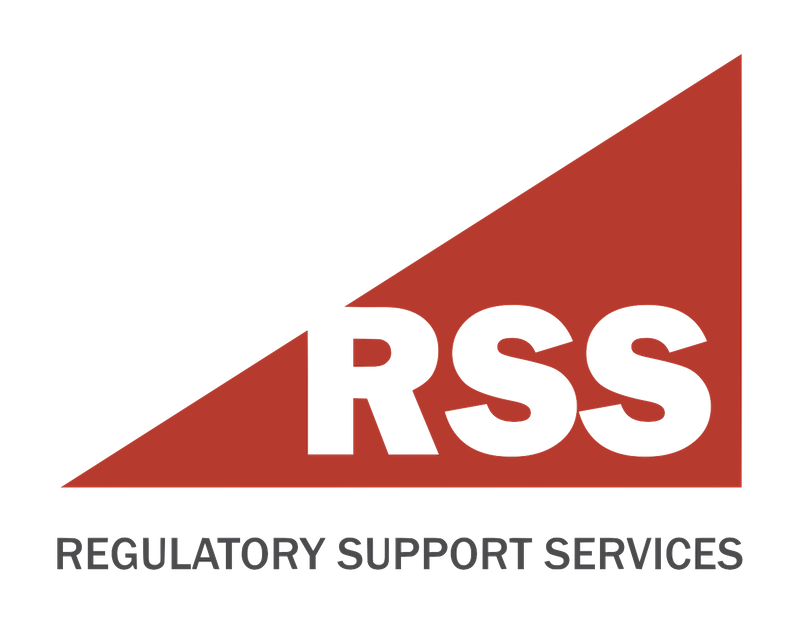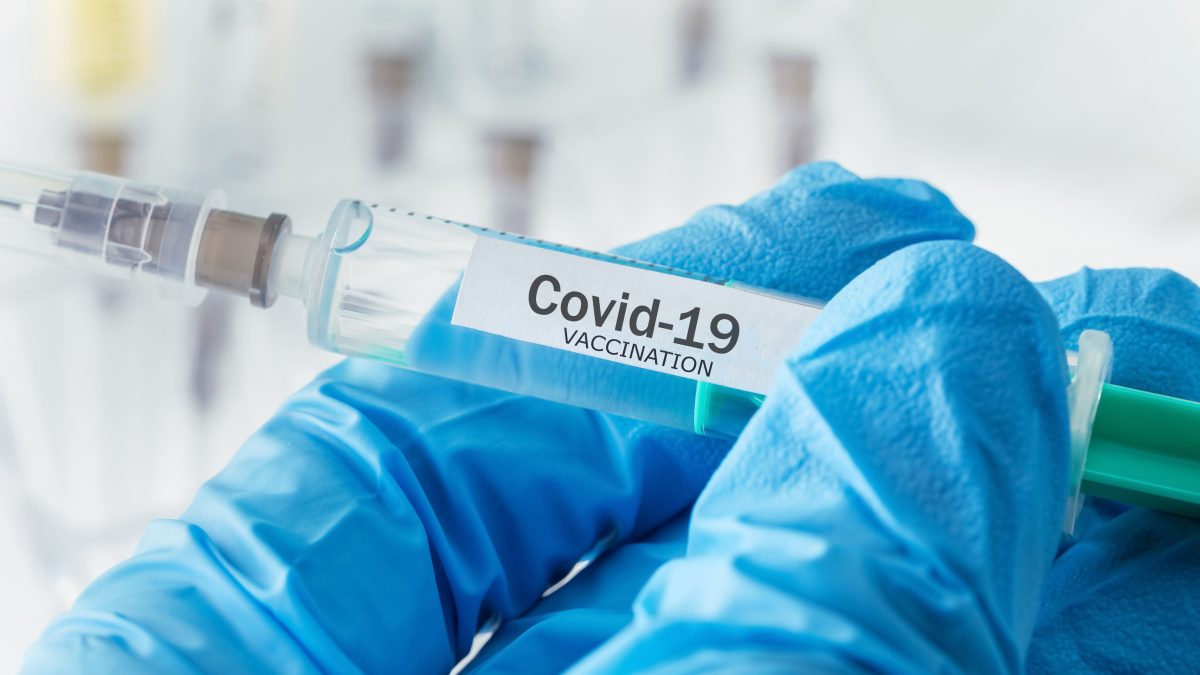- Have any questions?
- 804-784-7347
- mail@regulatorysupportservices.com
The ADA and COVID-19 Vaccinations

New OSHA ETS Affecting Private Businesses Sent to White House
October 18, 2021
New Heat Injury and Illness Prevention Standard in the Works
October 28, 2021The Equal Employment Opportunity Commission (EEOC), on October 13, 2021, updated its guidance relating to what you should know about the interplay of COVID-19 requirements and the Americans with Disabilities Act (ADA). In so doing, it has provided answers to 2 important questions:
- Is information about an employee’s COVID-19 vaccination confidential medical information under the ADA?
- Under the ADA, may an employer require a COVID-19 vaccination for all employees entering the workplace, even though it knows that some employees may not get a vaccine because of a disability?
The EEOC enforces workplace anti-discrimination laws, including the Americans with Disabilities Act (ADA) and the Rehabilitation Act (which include the requirement for reasonable accommodation and non-discrimination based on disability, and rules about employer medical examinations and inquiries). Title I of the ADA applies to private employers with 15 or more employees. Basic background information about the ADA and the Rehabilitation Act is available on EEOC’s disability page.
The answer to the first question is yes. The ADA requires an employer to maintain the confidentiality of employee medical information. Although the EEO laws do not prevent employers from mandating that their employees provide documentation or other confirmation of vaccination, this information, like all medical information, must be kept confidential and stored separately from the employee’s personnel files under the ADA.
The answer to the second question is a little more involved. The basic answer is Yes, provided certain requirements are met. Under the ADA, an employer may require an individual with a disability to meet a qualification standard applied to all employees, such as a safety-related standard requiring COVID-19 vaccination, if the standard is job-related and consistent with business necessity. As set forth in our previous blog, the Occupational Safety and Health Administration (OSHA) is on the cusp of adopting an emergency temporary standard (ETS) relating to vaccination requirements by private entities, so knowing how your business will manage the implementation of this potential new standard is critical.
If an employee cannot meet such a safety-related qualification standard because of a disability, the employer may not require compliance for that employee unless it can demonstrate that the individual would pose a “direct threat” to the health or safety of the employee or others in the workplace. A “direct threat” is a “significant risk of substantial harm” that cannot be eliminated or reduced by reasonable accommodation. 29 C.F.R. 1630.2(r).
This determination can be broken down into two steps:
- determining if there is a direct threat and, if there is,
- assessing whether a reasonable accommodation would reduce or eliminate the threat.
To determine if an employee who is not vaccinated due to a disability poses a “direct threat” in the workplace, an employer first must make an individualized assessment of the employee’s present ability to safely perform the essential functions of the job. The factors that make up this assessment are:
- the duration of the risk;
- the nature and severity of the potential harm;
- the likelihood that the potential harm will occur; and
- the imminence of the potential harm.
The determination that a particular employee poses a direct threat should be based on a reasonable medical judgment that relies on the most current medical knowledge about COVID-19. The assessment of direct threat should take account of the type of work environment, such as: whether the employee works alone or with others or works inside or outside; the available ventilation; the frequency and duration of direct interaction the employee typically will have with other employees and/or non-employees; the number of partially or fully vaccinated individuals already in the workplace; whether other employees are wearing masks or undergoing routine screening testing; and the space available for social distancing.
As the EEOC points out, if the assessment demonstrates that an employee with a disability who is not vaccinated would pose a direct threat to self or others, the employer must consider whether providing a reasonable accommodation, absent undue hardship, would reduce or eliminate that threat. Potential reasonable accommodations could include requiring the employee to wear a mask, work a staggered shift, making changes in the work environment (such as improving ventilation systems or limiting contact with other employees and non-employees ), permitting telework if feasible, or reassigning the employee to a vacant position in a different workspace.
As a best practice, an employer introducing a COVID-19 vaccination policy and requiring documentation or other confirmation of vaccination should notify all employees that the employer will consider requests for reasonable accommodation based on disability on an individualized basis.
We recommend you take some time to review the additional guidance provided by the EEOC a publication entitled Pandemic Preparedness in the Workplace and the Americans With Disabilities Act [PDF version]) .
Contact Regulatory Support Services for additional resources which can help your business stay compliant with the rapidly shifting regulatory landscape.

